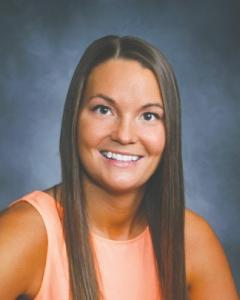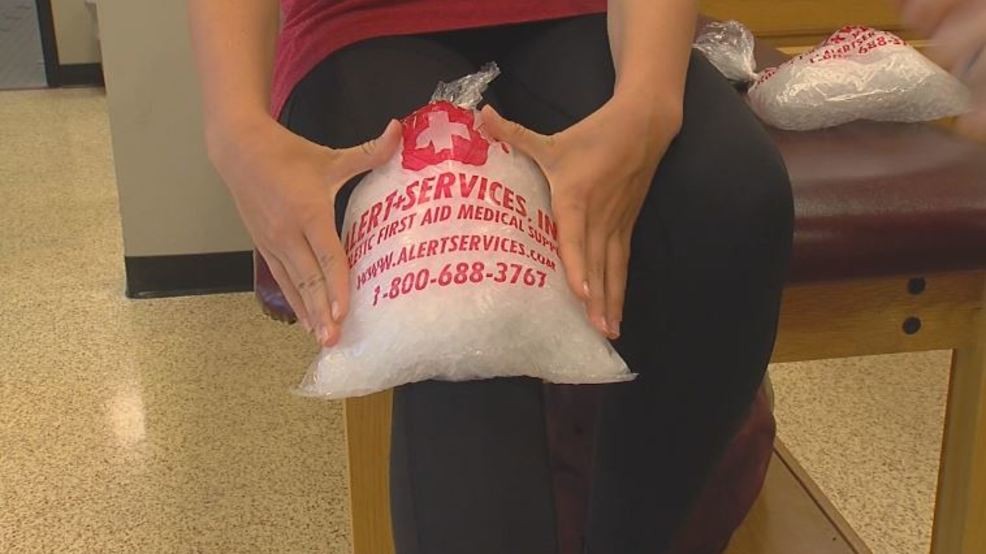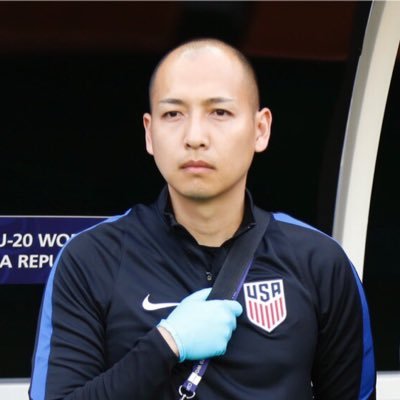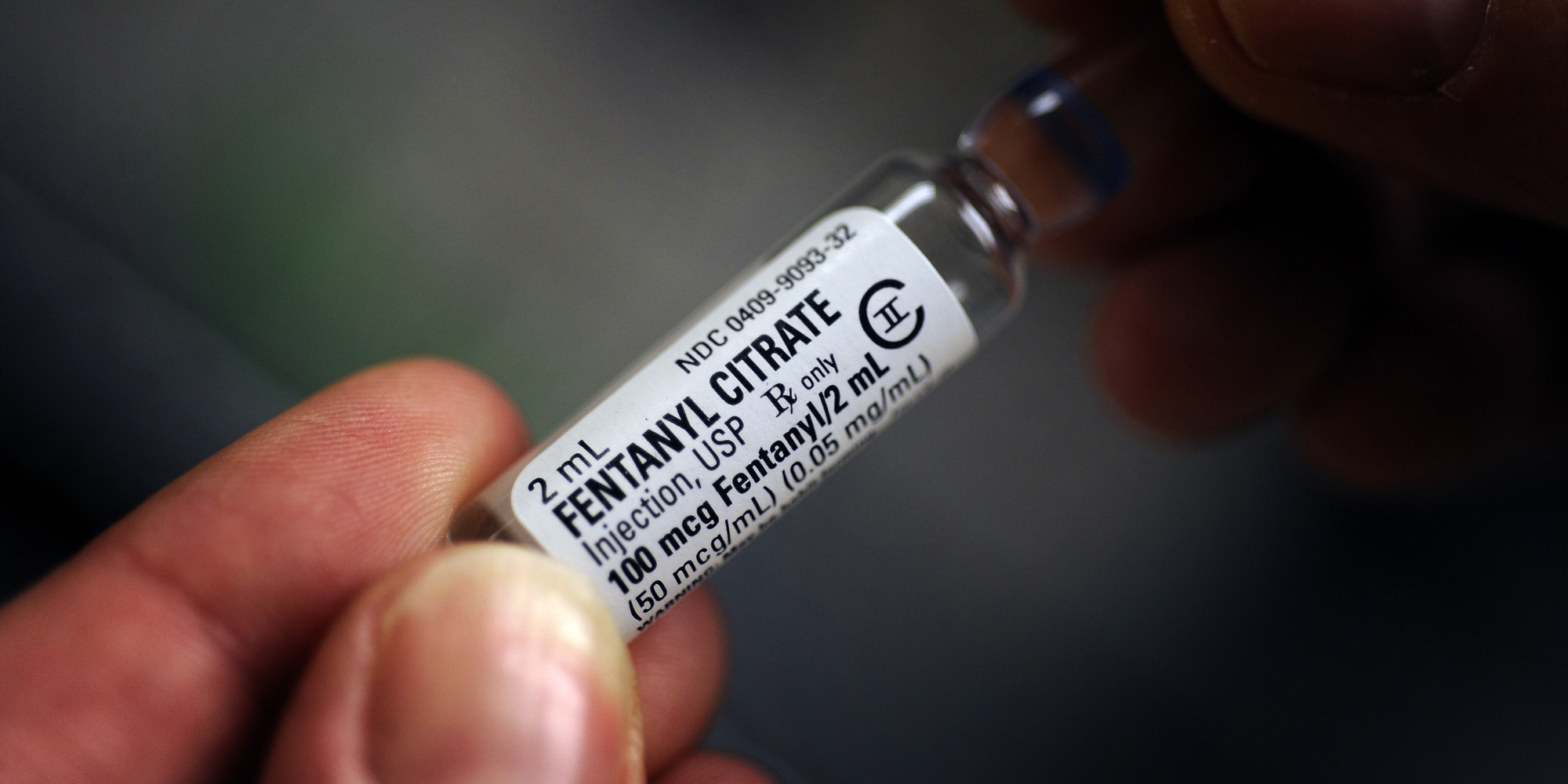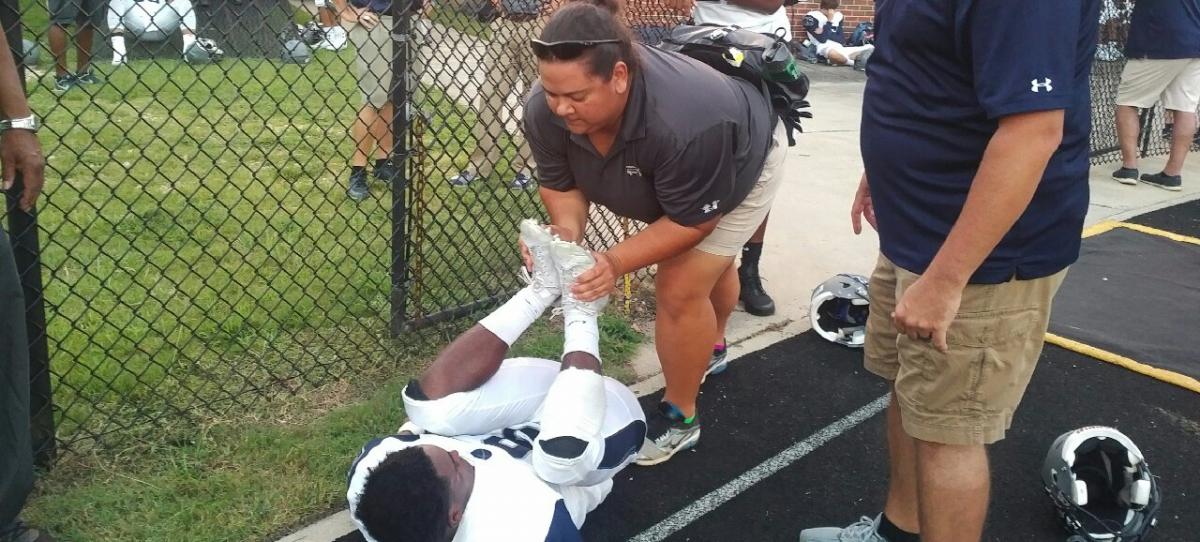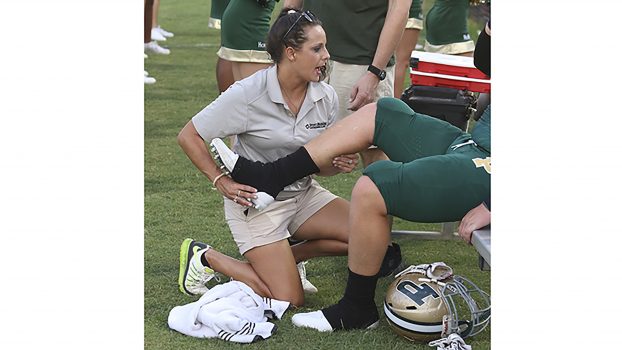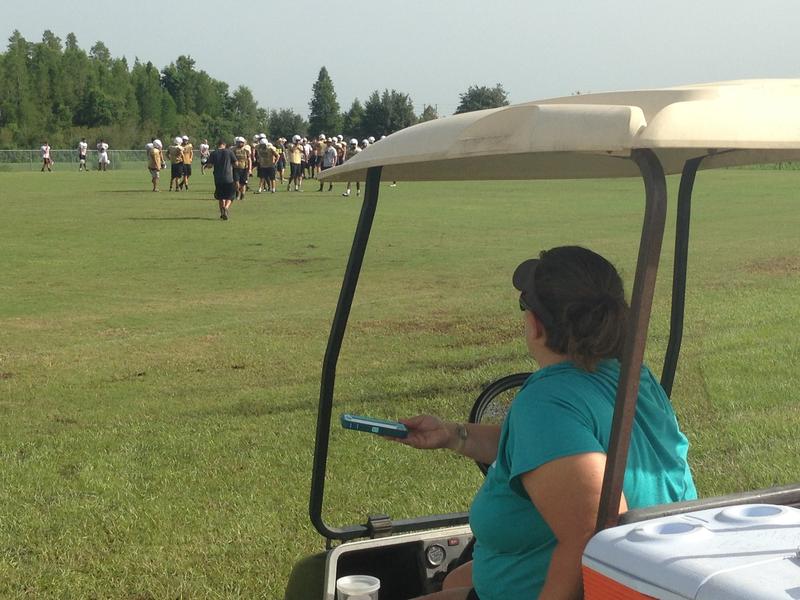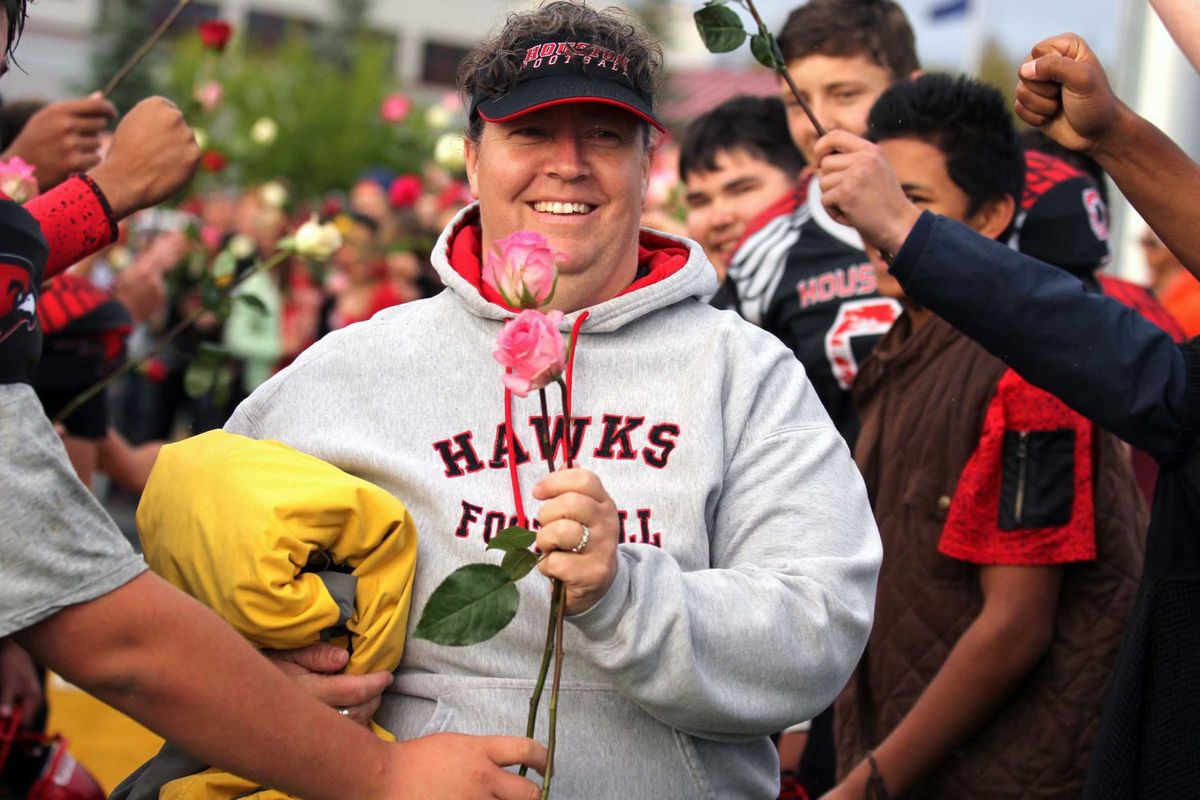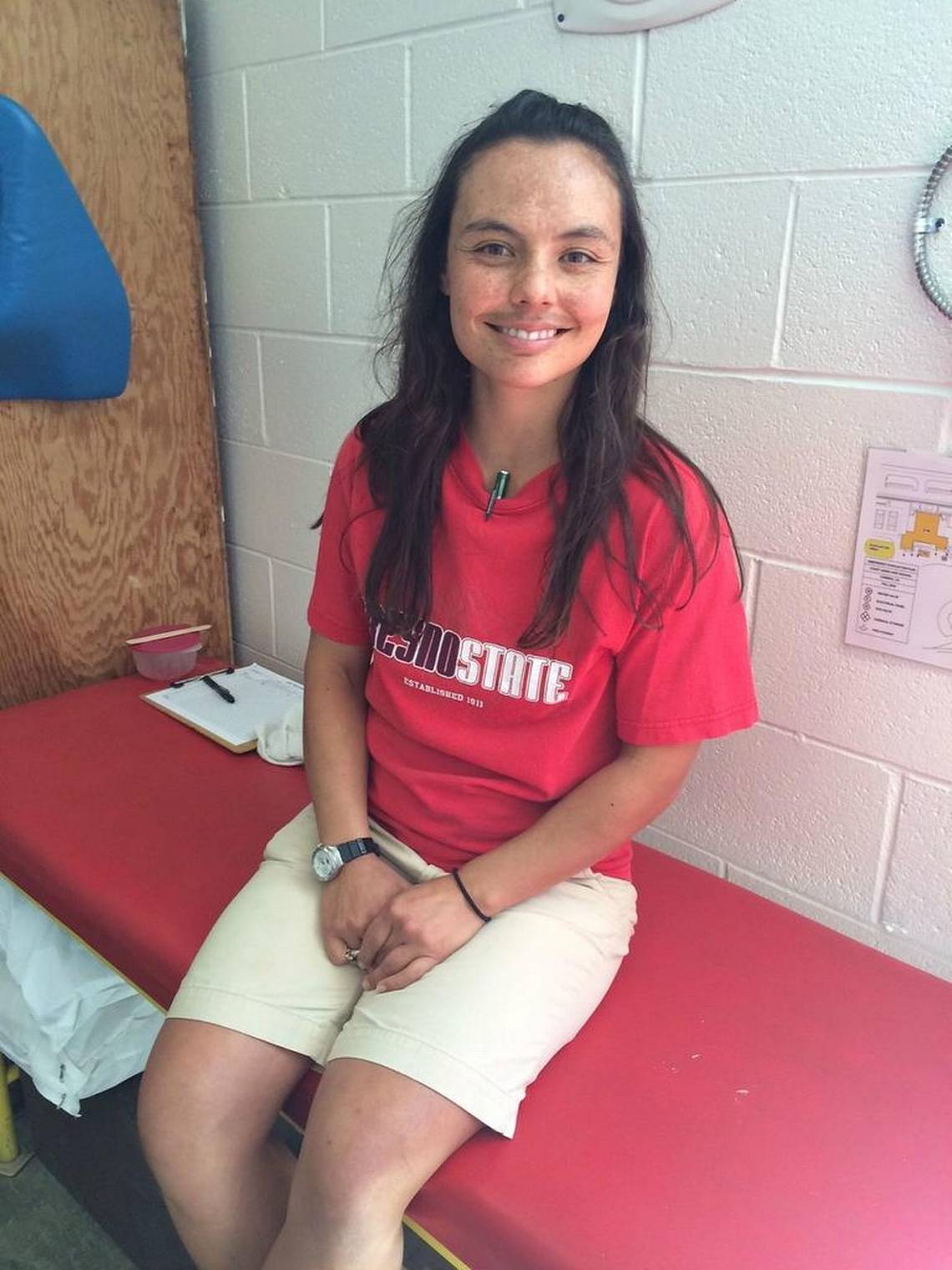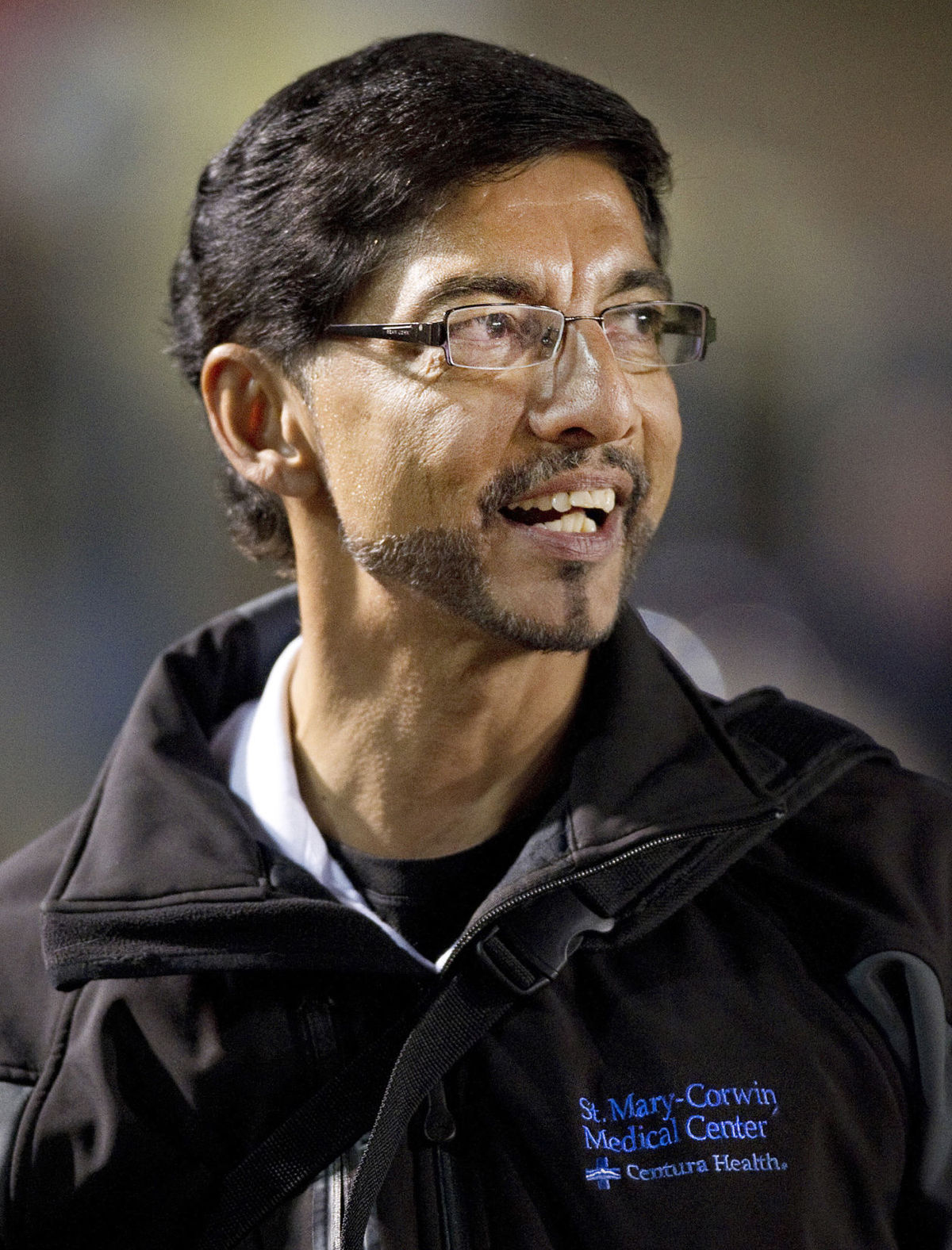
Article reposted from The Pueblo Chieftan
Author: Jon Pompia
A local physician who has long volunteered his services at area high school sporting contests believes certified athletic trainers should be mandatory at Pueblo City Schools’ (D60) four high schools.
Rocky Khosla, a medical doctor with expertise in sports medicine, said D60 should follow the lead of Pueblo County School District 70 and make full-time certified trainers a staffing requirement.
At present, there is one certified trainer and one first-aid responder (non-certified but with training experience) at each of D60’s four high schools.
But the trainer positions are part-time or extra-time, meaning that an educator may fill that role as an additional duty, as an example.
“But all major/physical contact sports have a trainer at all events,” said Rick Macias, D60 athletic director. “In addition to this, many doctors volunteer their time to cover all football games at Dutch Clark Stadium, with American Medical Response present at all athletic contests played at the stadium.”
Dalton Sprouse, D60 communications director, said East, Central and South high schools “are in the process of hiring a certified trainer, but the job pool is limited.
“At this time, however, funding four full-time positions to serve solely as a certified trainer is not a feasible option for us.”
In District 70, the starting salary of a certified trainer is similar to that of a first-year teacher, with job duties to include training, evaluation and injury prevention.
Khosla said D60’s “patchwork quilt” approach to athletic training ultimately falls short, potentially endangering students injured in action.
“Some are certified, some are not. Some are EMTs, some are not,” Khosla said of D60’s trainer corps. “And they are well-intended, don’t get me wrong. But the truth is that certified athletic trainers have to go through a really rigorous curriculum, so you know you have a standard of what to expect.”
There is no Colorado High School Activities Association requirement that certified trainers be on-site during athletic contests or practices, Khosla said. In fact, the National Athletic Trainers’ Association reports that “no state has legislation that requires every high school to have an athletic trainer,” despite several instances in which athletes have been fatally injured during games and practice sessions.
Khosla said several organizations he supports, including the American Medical Society for Sports Medicine and the NATA, have long pushed for a full-time trainer requirement.
“The majority of high schools do not have certified athletic trainers,” Khosla said. “And I think CHSAA did not want to make that requirement because of the financial drain on schools. But why can’t CHSAA say, ‘If you have enough kids to have a Class 3A or higher team, you should have the finances to hire a certified athletic trainer.'”
And while Khosla praised the presence of AMR at D60 contests, he added, “Those people are well-trained for emergencies and the big catastrophic events, but not necessarily for bumps, lumps and concussions, as examples.”
